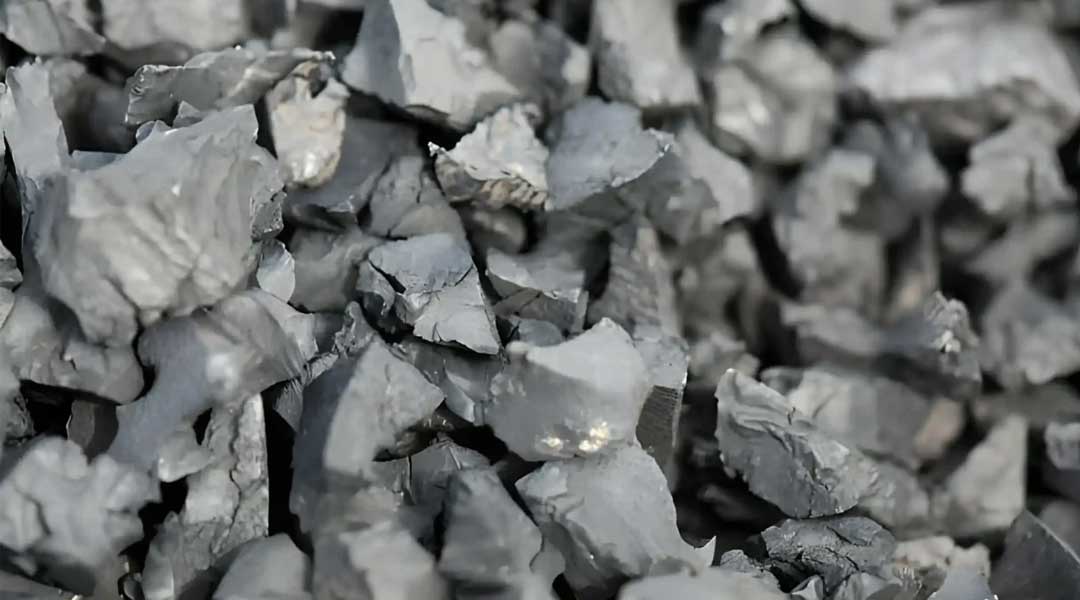Rubber mulch has gained popularity as an alternative to traditional organic mulches like wood chips or bark. Made from recycled rubber, typically sourced from old tires, rubber mulch offers several unique advantages but also comes with its set of drawbacks. This comprehensive guide aims to explore the pros and cons of rubber mulch, helping you make an informed decision when choosing the right mulching material for your landscaping needs.
What is Rubber Mulch?
Rubber mulch is a type of mulching material made from recycled rubber, typically sourced from old tyres. The process involves shredding or grinding discarded tires into small, uniform pieces, creating a product that resembles traditional organic mulches like wood chips or bark. This recycled rubber material is then used for various landscaping and gardening applications.
The production of rubber mulch serves as a sustainable and environmentally friendly solution for recycling used tires, diverting them from landfills and reducing the environmental impact of tire waste.
Pros and Cons of Rubber Mulch
Pros of Rubber Mulch:
Sustainability and Recycling:
One of the primary advantages of rubber mulch lies in its eco-friendly nature. By repurposing discarded tires, it contributes to recycling efforts, reducing the environmental impact of waste materials. This sustainability aspect makes it an attractive choice for environmentally conscious individuals.
Durability:
Rubber mulch is known for its longevity and resistance to weather conditions. Unlike organic mulches that decompose over time, rubber mulch retains its colour and structure, providing a long-lasting solution for garden beds and playgrounds. This durability can lead to cost savings in the long run as it requires less frequent replacement.
Weed Prevention:
Rubber mulch forms a dense layer that inhibits weed growth, helping to keep your garden or landscaping area weed-free. This feature can significantly reduce the amount of time and effort spent on weeding, making it an attractive option for those seeking low-maintenance landscaping solutions.
Impact Absorption:
In playgrounds and areas where safety is a concern, rubber mulch excels in providing excellent impact absorption. Its cushioning effect can minimise injuries from falls, making it a popular choice for school playgrounds, parks, and other recreational spaces.
Moisture Retention:
Rubber mulch helps in retaining soil moisture by reducing evaporation. This can be particularly beneficial in arid regions or during dry spells, as it helps plants maintain consistent hydration levels and minimizes the need for frequent watering.
Cons of Rubber Mulch:
Initial Cost:
One of the main drawbacks of rubber mulch is its higher initial cost compared to traditional organic mulches. While it may be more expensive upfront, proponents argue that its longevity and low maintenance requirements can offset these initial expenses over time.
Heat Absorption:
Rubber mulch has the potential to absorb and retain heat, especially in warmer climates. This can lead to an increase in soil temperature, which may not be suitable for certain plants or in regions with already high temperatures. Gardeners should carefully consider this aspect based on their specific needs and local climate conditions.
Environmental Concerns:
Despite being a recycled material, some environmental concerns surround rubber mulch. It contains various additives and chemicals used in the tire manufacturing process, and there are debates about the leaching of these substances into the soil. While research is ongoing, those with environmental sensitivities may prefer alternative mulching options.
Aesthetics:
Some individuals find the appearance of rubber mulch less appealing than natural options. The synthetic look and feel may not complement certain landscaping styles or preferences. It’s crucial to consider the visual impact of rubber mulch in the context of your overall landscape design.
Potential Displacement:
In high-traffic areas, rubber mulch may shift or displace over time. This can be a concern in playgrounds or heavily used garden beds, requiring periodic adjustments to maintain its effectiveness.
In conclusion, the choice between rubber mulch and traditional organic mulches depends on various factors, including your landscaping goals, budget, and environmental considerations. While rubber mulch offers several benefits such as sustainability, durability, and weed prevention, it is essential to weigh these against the potential drawbacks like initial cost, heat absorption, and environmental concerns. Careful consideration and a thorough understanding of your specific needs will guide you in making an informed decision to enhance the beauty and functionality of your outdoor spaces.
Looking for rubber mulch Perth? Check out Jay’s Rubber Mulch


